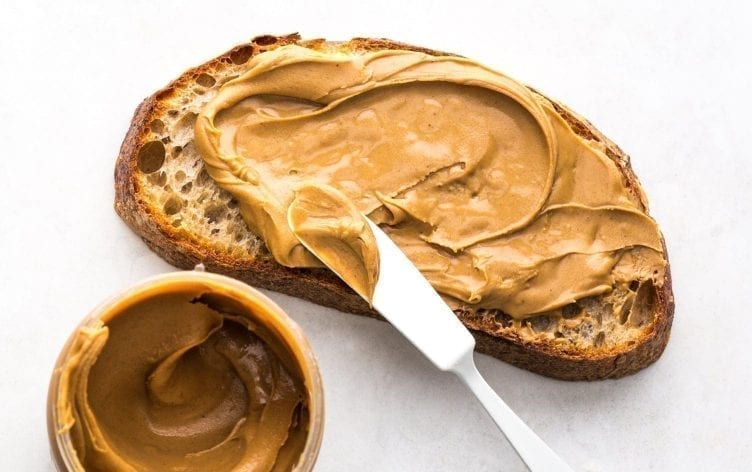Whereas you may have limited yourfatfive years ago, today it’s common to hear health experts recommend adding avocado to your salads and toast or snacking onfull-fat yogurt, almonds and cheese. Research has shownfad diets— such aslow-fatorlow-carb— which cut large food groups from your diet may be short-term fixes but won’t help you sustain weight loss in the long run.
“肥胖是一个很有争议的macronutrient,” says Atlanta-based sports nutritionist Ilana Katz, MS, RD. What’s clear is it’s necessary for everyone regardless of activity level. “Fat has many very important functions in physiology, from being a part of every cell membrane to immune function enhancement to protection of vital organs,” she says. Not to mention, the addition of fat to your meals helps your body properly absorb fat-soluble nutrients like vitamins A, D and K.
HOW MUCH FAT SHOULD YOU EAT?
增加脂肪摄入的其他宏观onutrients (like carbs and protein) can negatively affect brain function and hamper performance in the gym. While the keto diet (which promotes eating 90% of your calories from fat) is generating a lot of buzz for weight loss,it isn’t known how the diet affects the body long-term, which makes experts wary. Its restrictive nature makes it hard to sustain andcould lead to nutrient deficienciesby cutting out multiple food groups.
Instead, many health experts recommend getting roughly 20–35% of your calories from fat, saysAmy Goodson, MS, RD, a sports nutritionist based in Dallas. “However, it depends on the type of person and his or her goals,” she says. For example, if you’retraining for a half-marathonor long cycling event, you may opt to consume even less to make room for more carb calories, which is a main source of energy during endurance training.
WHAT ARE THE BEST SOURCES?
Stick to monounsaturated and polyunsaturated fats, says Goodson. Avocado, nuts, seeds, nut butters, fatty fish (salmon, sardines) and oils (olive oil, avocado oil) all fall under the umbrella of healthy fats. These, according to theAmerican Heart Association, are best for heart health.
As for saturated fat, these have recently earned a health halo thanks to trendy foods like coconut oil and ghee. Organizations like the AHA point out that dietary saturated fat raises cholesterol, increasing heart disease risk. But some research shows saturated fat in certain foods, like dairy, doesn’t have a negative impact on cholesterol, says Goodson. Still, she recommends limiting saturated fat to the AHA’s recommended 10% or less of total calories. “It’s important to remember that not all saturated fats come in a nutrient-rich package,” she says. Goodson uses the example that full-fat dairy has saturated fatplusnine essential nutrients, whereas french fries certainly do not.
It is a good idea to avoid trans fat (found in processed and fried foods) altogether since we now knowit’s associated with high cholesteroland an increased risk of developing cardiovascular disease.
CAN YOU OVERDO IT?
Fat contains 9 calories per gram, while carbs and protein each have 4 per gram. You get nearly twice the calories per bite, Goodson points out. “People think almonds are good for me and eat 60 or avocado is a healthy fat and they eat a whole one. While supplying healthy fat, the added calories can contribute to weight gain if you’re exceeding your daily calorie budget,” she says.
What’s more, “since fat is the most caloric dense macronutrient, too much can negatively impact your energy balance,” says Katz, who notes that many endurance athletes struggle without a good source of carbs. “Beware of the belief that all fat fits because trendy diets say so.”
Fat is a healthy and necessary part of a balanced diet. No matter what source of fat you’re eating, when building your plate, consider healthy fats (nuts, avocado, cheese) as a complement to the complex carbohydrates and protein that make up your meal, says Goodson. That may be an apple and peanut butter, yogurt with berries and nuts or salmon with veggies and quinoa, she says.

